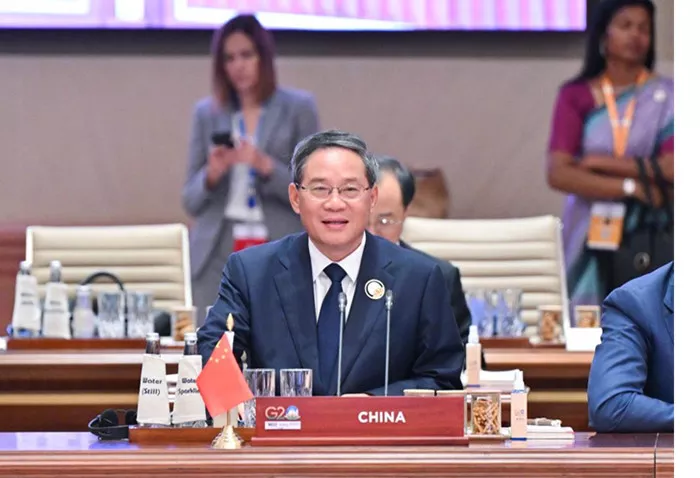State Council emphasizes improving conversion efficiency to boost innovation-driven development
Chinese Premier Li Qiang has urged systemic reforms to accelerate the transformation of scientific achievements into productive forces, chairing the State Council’s 14th thematic study session focused on deepening institutional reforms for technology commercialization.
Key Policy Directions
- Dual-chain integration: Bridging innovation and industrial chains through effective commercialization
- Enterprise-led innovation: Enhancing corporate participation in national R&D projects
- Collaborative research: Strengthening industry-academia partnerships for frontier technologies
Institutional Reforms
| Focus Area | Implementation Measures |
|---|---|
| Evaluation Systems | Optimizing assessment mechanisms for R&D and industrial development |
| IP Rights Management | Advancing reforms of job-related scientific achievements ownership |
| Financial Support | Encouraging innovative financing products for tech commercialization |
Implementation Framework
The meeting outlined a three-pronged approach:
- Demand-driven research: Aligning academic studies with industrial needs through joint problem identification
- Application-oriented development: Facilitating iterative upgrades of technologies through scaled implementation
- Platform-based services: Establishing public service platforms for comprehensive tech transfer support
Industry Implications
“This policy push will particularly benefit sectors where China has strong research output but lagging commercialization, such as advanced materials, biotech, and AI applications,” noted Dr. Liu Qing, Director of the Yangtze Delta National Technology Innovation Center who delivered the session’s keynote presentation.
Next Steps
The State Council plans to:
- Roll out detailed implementation guidelines by Q3 2025
- Pilot reforms in selected national high-tech zones
- Establish cross-ministerial coordination mechanisms
Related topics:

